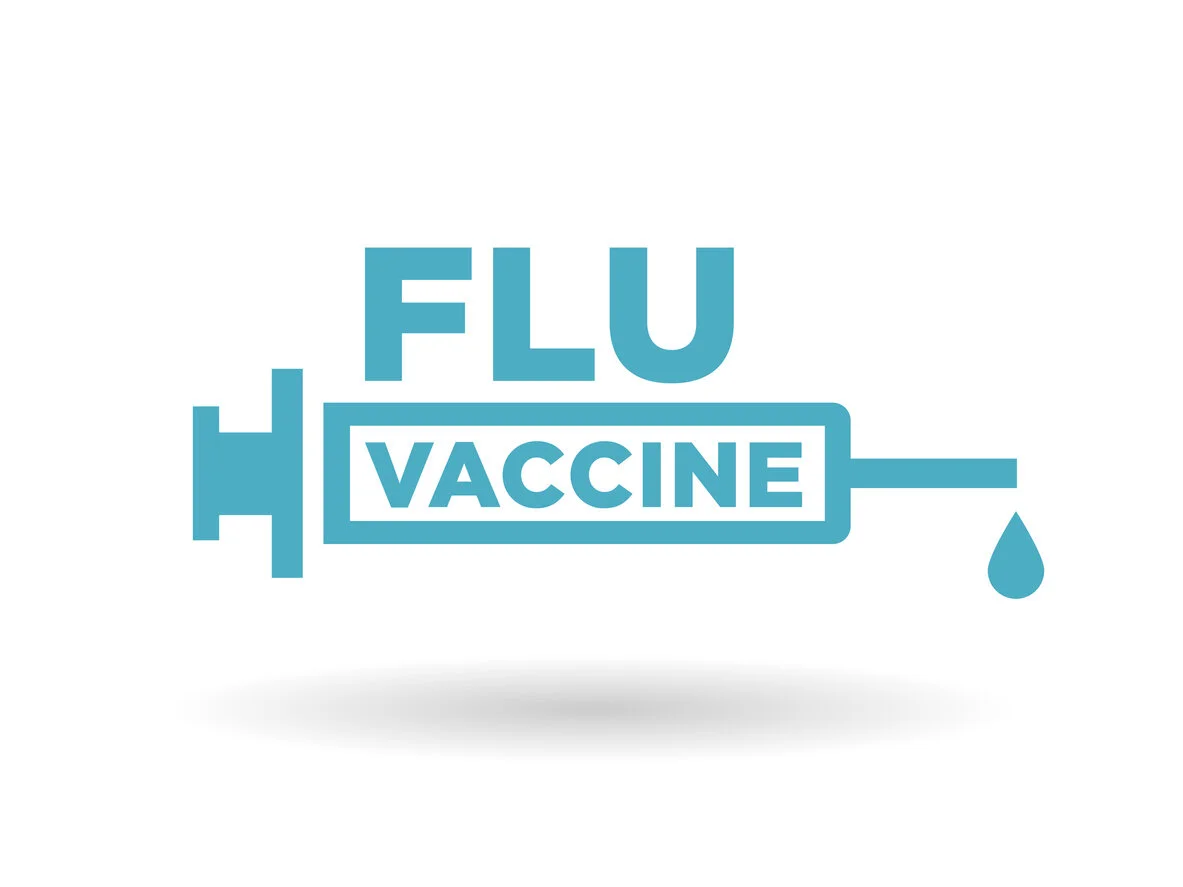Palpitations, commonly referred to as “extra beats” or “skipped beats,” make you feel like your heart is beating too fast, skipping or fluttering. While bothersome or even frightening, palpitations are usually not serious and will go away on their own. Most are caused by stress or anxiety, and some are associated with the consumption of too much caffeine, nicotine or alcohol. Other causes include vigorous physical activity, hormonal changes during menstruation, pregnancy and just before menopause, medications, including diet pills, decongestants, asthma inhalers and thyroid supplements, some herbal and nutritional supplements and high or low potassium levels. Some people have palpitations after eating meals rich in carbohydrates, fat or sugar. If palpitations are accompanied by dizziness, shortness of breath, chest pain and/or fainting, patients should seek medical attention right away.
The particular type of palpitation can only be determined by monitoring the heart’s electricity, either continuously or by using an electrocardiogram (EKG). This can be done in a doctor’s office, in an emergency room or in a hospital.
Your heart may skip beats due to premature contractions of the heart’s upper chambers (atria). When the atria contract a fraction of a second earlier than they should, they rest an instant longer to get back to their usual rhythm. This feels like a skipped beat and is followed by a noticeably forceful contraction as the lower chambers (ventricles) clear out the extra blood accumulated during the pause. This type of palpitation is almost always harmless.
Other upper chamber causes of palpitations include atrial fibrillation, an irregular and often rapid heart rate caused by chaotic electrical activity in the atria, and a faster-than-normal but regular heart rate known as supraventricular tachycardia. Both should be evaluated by your physician.
Early contractions of the ventricles can also cause palpitations. A solo or back-to-back couple of premature ventricular contractions are usually not a problem. A long run of premature ventricular contractions, one after the other, is worrisome and should be checked out right away.
Other possible sources of palpitations include problems with the heart’s timekeeper, called the pacemaker or sinus node, as well as breakdowns in the coordination between the heart’s upper and lower chambers.
Sometimes palpitations are related to heart disease. Patients experiencing palpitations who also have a history of prior heart attack, coronary artery disease, heart failure, heart valve problems and /or heart muscle problems should contact their physician.
Otherwise healthy individuals can experience “holiday heart syndrome,” an acute, irregular heartbeat pattern frequently perceived as palpitations and associated with (often heavy) alcohol consumption. In such patients, the combination of stress, dehydration and drinking alcohol can lead to significant heart rhythm changes, including atrial fibrillation. Atrial fibrillation puts patients at risk of stroke and heart failure.
Importantly, holiday heart syndrome is reversible. Early diagnosis and complete cessation of alcohol use will lead to the recovery of normal cardiac function and resolution of abnormal heart rhythms, including atrial fibrillation. However, if the palpitations of holiday heart syndrome persist longer than a few hours, patients should seek medical attention.
In summary, seek medical help if you experience palpitations that persist longer than a few hours or are accompanied by dizziness, shortness of breath and/or chest pain.




![iStock-1130625572 [Converted].png](https://images.squarespace-cdn.com/content/v1/5bac41777fdcb89e5acdf564/1580228964246-7LP42F0B74X1ABFT44A7/iStock-1130625572+%5BConverted%5D.png)

